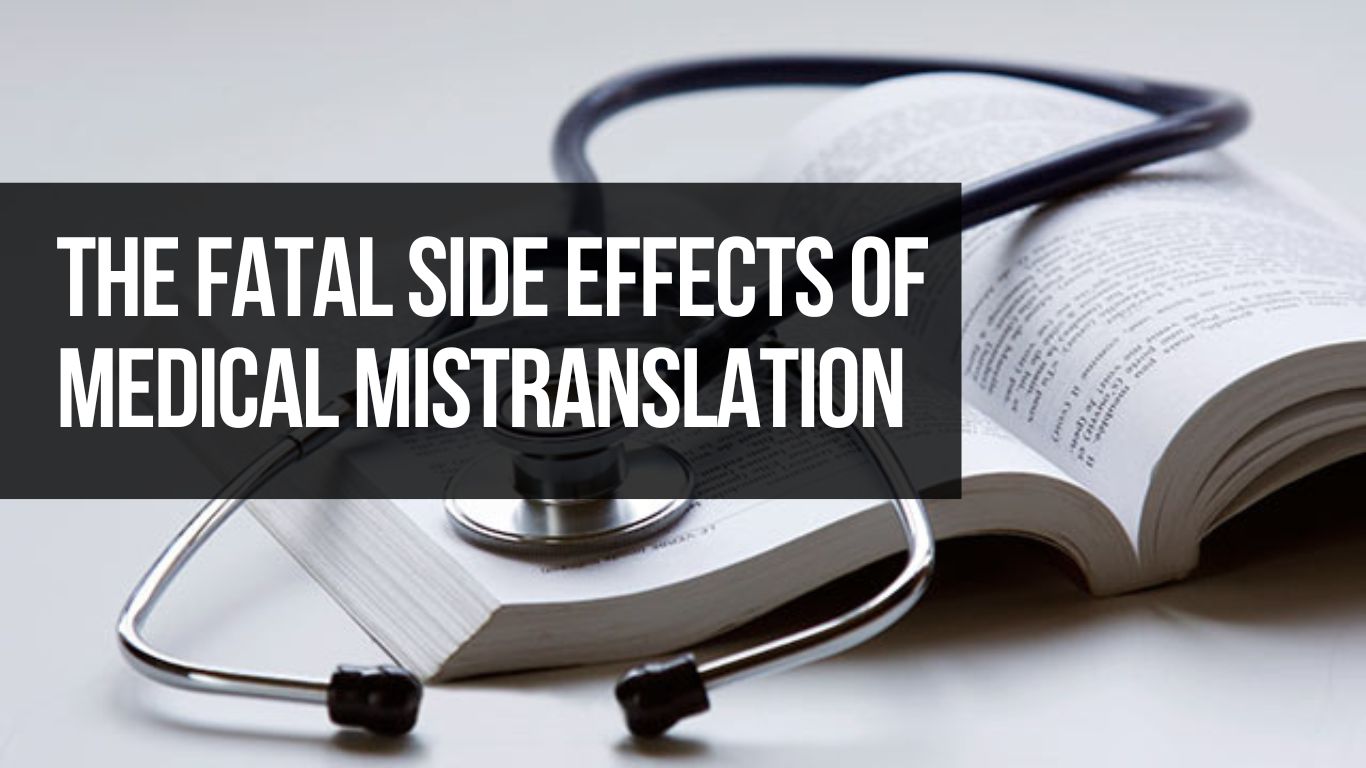While effective medical translation saves lives, mistranslation can have deadly consequences. Language barriers between providers and patients with limited English proficiency open the door to serious medical errors when information gets lost or muddled. A few striking examples illustrate the potentially fatal side effects of mistranslation in healthcare settings.
Tragic Case Studies
In one infamous case, an 18-year-old athlete named Willie Ramirez was admitted to a Florida hospital in 1980 after being comatose following a baseball injury. The family repeatedly told doctors that Willie was “intoxicado,” which they assumed meant he was intoxicated on alcohol or drugs. But in Spanish, the word can also mean poisoned or nauseous. Based on the mistranslation, doctors spent several days treating Willie for a drug overdose instead of identifying and treating the brain hemorrhage that was actually causing his symptoms. By the time they realized their error, too much time had passed, and Willie was left permanently quadriplegic.
In another case from 2008, a 9-year-old Russian girl named Maria nearly died because hospital staff confused the word “almaza” (Russian for autism) with “Al Maza,” a Georgian male name. The erroneous label of “Al” in her medical records nearly prompted staff to circumcise her. Thankfully, the girl’s mother caught the mistake just in time to prevent disastrous consequences.
Sadly, these are not isolated incidents. A study reported in the journal Pediatrics found that a staggering 63.5% of families with limited English skills had experienced mistakes in their medical care because of language barriers. Another study found that children with limited English had over twice the risk of suffering medical mistakes compared to fluent speakers.
The High Stakes of Accurate Translation
These case studies highlight how seemingly small mistranslations can balloon into dire, even life-threatening errors. Misunderstanding a single phrase like “intoxicado” can set an entire course of treatment off track, while incorrectly recording basic information like a name can lead to invasive medical procedures being performed on the wrong patient.
In the fast-paced world of healthcare, every detail matters. Lack of clear, accurate translation increases the risk of devastating consequences where delayed care, improper medication, surgical mistakes, misdiagnoses, and more jeopardize patient lives. Investing in professional medical translation services with highly trained, qualified linguists is essential to preventing these potentially fatal miscommunications.
When lives are on the line, there is no room for mistranslation. As these tragic examples show, hospitals and healthcare systems must make language access a top priority to ensure all patients can communicate safely and get the high-quality care they deserve.

